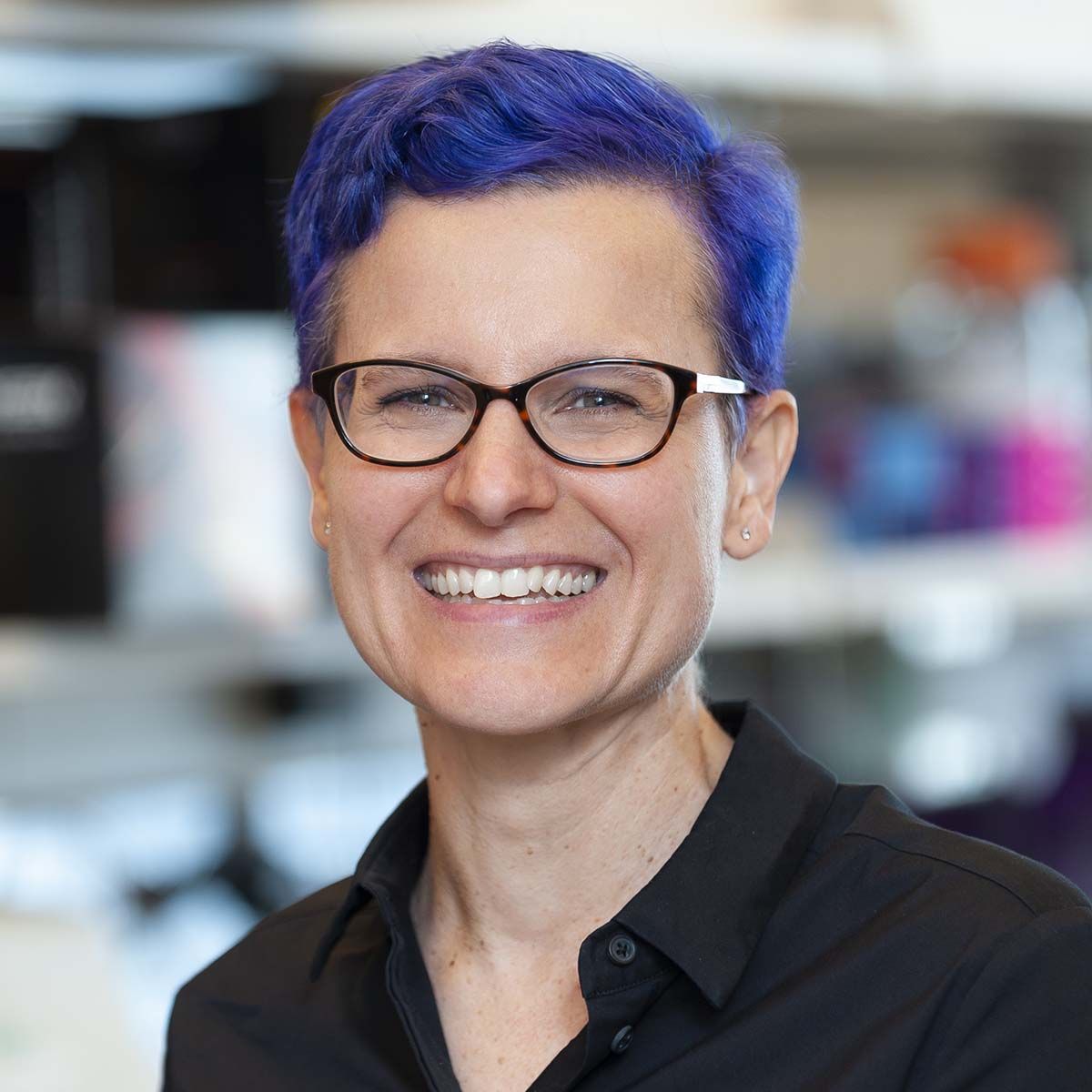
Research
The intestinal immune system faces a number of unique challenges due to continuous exposure to rapidly changing exogenous factors including diet and intestinal microbes. Proper calibration of responses is needed to clear invading pathogens as well as repair damage. Over enthusiastic responses within the intestine impair barrier repair, amplifying damage and potentially lead to systemic infection or chronic inflammatory disease including inflammatory bowel disease (IBD). We find that the intestinal microbiota and dietary factors can promote or inhibit proper immune regulation. As such, we seek to define molecular and cellular pathways regulated by the microbiota, dietary, and tissue factors that are required to maintain homeostasis within the intestine. In defining upstream signals, we are working to understand microbial pathways and how they modulate tissue immunity. In parallel, we seek to delineate how these networks are disrupted in inflammatory conditions.
Current Projects:
- Developmental regulation of intestinal immune system
- Immune distinction between commensals and pathogens
- Innate immune responses shaped by the microbiota
- Epithelial responses to the microbiota
- Development and function of microbiota specific T cells
Bio
Dr. Diehl did her PhD with Astar Winoto at UC Berkeley followed by a postdoc in Dan Littman's lab at NYU where she started to study how the microbiota regulates intestinal immunity. She has continued this in her own lab, first at Baylor College of Medicine and now at Memorial Sloan Kettering Cancer Center.
Selected Publications:
- Hill A.A., Kim, M., Zegarra-Ruiz D.F., Chang L-C., Norwood K., Assie A., Wu W-J., Renfroe M.C., Song H., Major A.M., Samuel B.S., Hyser J.M., Longman R.S., Diehl G.E. 2023. Acute high fat diet impairs macrophage supported intestinal damage resolution. JCI Insight. PMID: 36538527.
Zegarra-Ruiz D.F., Kim D.V., Norwood K., Saldana-Morales F.B., Myunghoo K., Ng C., Callaghan R., Uddin M., Chang L.-C., Longman R.S., Diehl G.E., 2022. Microbiota manipulation to increase macrophage IL-10 improves colitis and limits colitis-associated colorectal cancer. Gut Microbes. PMCID: PMC9450902.
Wu W.-J., Kim M., Chang L.-C., Assie A., Saldana-Morales F.B., Zegarra-Ruiz D.F., Norwood K., Samuel B.S., Diehl G.E., 2022. Interleukin-1 secretion induced by mucosa-associated gut commensal bacteria promotes intestinal barrier repair. Gut Microbes. 14(1):2014772. PMCID: PMC8741296.
Zegarra-Ruiz D.F., Kim D.V., Norwood K., Kim M., Wu W-J., Saldana-Morales F.B., Hill A.A., Majumdar S., Orozco, S., Bell, R., Round, J.L., Longman R.S., Egawa T., Bettini M.L.#, Diehl G.E.#. 2021. Thymic development of gut-microbiota-specific T cells. Nature. 594 (7863): 413-417. PMCID PMC8323488.
- Kim M., Galan C., Hill A.A., Wu W-J., Felhner-Peach H., Song H., Schady D., Bettini M.L., Simpson K.W., Longman R.S., Littman D.R., Diehl G.E., 2018. Critical role for the microbiota in CX3CR1+ intestinal mononuclear phagocyte regulation of intestinal T cell responses. Immunity. 49:151-163 PMID: 29980437
